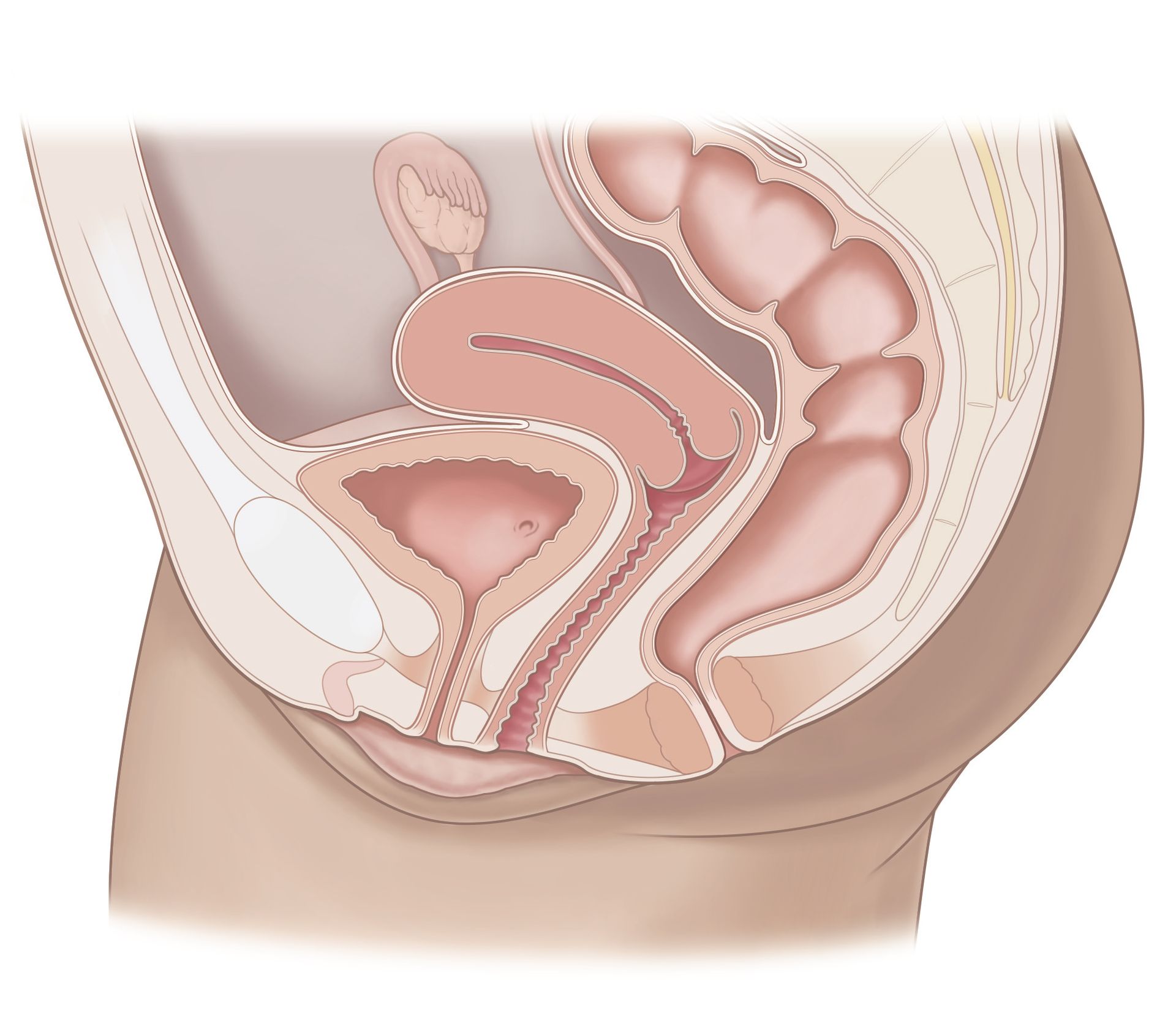
A typical menstrual cycle usually spans between 21 to 35 days, with most women experiencing cycles around 28 days. However, variations in cycle length can occur due to a variety of factors, both physiological and environmental. A late period can stir up a mix of emotions- concern, curiosity and sometimes even panic! If you are sexually active without using contraception- YES, you will want to take a pregnancy test. However, if you have been using contraception or you are not sexually active- before you jump to conclusions, it’s essential to understand that a delayed period can be caused by various factors, some of which are entirely normal.
Before looking at some factors that affect our period- let’s take a look at hormone regulation!
How our Hormones Regulate
Imagine your brain as the control center for your entire body. The hypothalamus is a tiny but powerful part of your brain that acts like a traffic cop, directing and regulating many important functions in your body.
- Functions: It helps regulate things like your body temperature, hunger, thirst, sleep, and emotions. Importantly, it also controls the release of hormones, which are like messengers that tell different parts of your body what to do.
- Hormone Messenger: It produces a hormone called gonadotropin-releasing hormone (GnRH). This hormone tells the pituitary gland to release two important hormones: follicle-stimulating hormone (FSH) and luteinizing hormone (LH).
- Cycle Starter: FSH and LH travel through your bloodstream to your ovaries. They tell your ovaries to start preparing an egg for release (ovulation).
- Timing is Everything: The hypothalamus also helps keep your menstrual cycle regular by sensing things like stress, changes in light, and body temperature. It adjusts hormone production based on what your body needs.
So, the hypothalamus is like the conductor of your menstrual cycle orchestra, making sure everything happens at the right time and in the right order each month.
Now that we understand how things work in our body, let’s delve into the reasons why your period may be running behind schedule.
- Stress: One of the most common culprits behind a later period is stress. When you’re under pressure- be it from work, school relationships or even a major life event - your body can be impacted. Research highlights the significant role of stress in menstrual irregularities. Now, when you feel stressed out, your body releases a hormone called cortisol. This hormone can sometimes throw off the hypothalamus. It's like a switch gets flipped, and the signals that tell your body when to have a period can get mixed up. So, when your hypothalamus isn't working as it should because of stress, it can disrupt the normal flow of hormones that control your menstrual cycle. This might make your periods come at unexpected times, or you might skip them altogether some months.
- Hormonal Dynamics: Central to menstrual regularity are hormonal fluctuations, particularly estrogen and progesterone. Any imbalance or disruption in these hormones, influenced by stress, weight changes, or medical conditions like PCOS and thyroid disorders, can lead to delayed ovulation and subsequent late periods.
- Pregnancy: The most common reason for a late period is pregnancy. When conception occurs, the fertilized egg implants in the uterus, prompting hormonal changes that prevent menstruation. If you're sexually active and your period is late, taking a pregnancy test is recommended.
- Weight Changes: Significant changes in weight, whether rapid weight loss or gain, can impact hormone levels and disrupt the menstrual cycle. Low body weight can lead to irregular periods or even amenorrhea (absence of menstruation), while obesity can also affect hormone production.
- Age and Puberty: During adolescence, irregular periods are common as the body adjusts to hormonal changes. Similarly, approaching menopause (perimenopause) can cause irregular cycles before menstruation ceases altogether.
When to Seek Medical Advice
While occasional irregularities are normal, there are instances where medical advice should be sought:
- Consistently Irregular Cycles: If your periods are consistently irregular or absent for more than three cycles.
- Severe Symptoms: If you experience severe pain, unusually heavy bleeding, or other concerning symptoms along with a delayed period.
- Concerns about Reproductive Health: If you have concerns about your fertility, underlying medical conditions, or the effects of medications on your menstrual cycle.
Dealing with PCOS? How Almond Can Help
If you're experiencing irregular periods and are concerned about their impact on your health or fertility, Almond offers specialized counseling and diagnostic services, including a focused program for Polycystic Ovary Syndrome (PCOS). PCOS is a common hormonal disorder characterized by irregular periods, excess androgen levels, and polycystic ovaries, and affects an estimated 13% of women of reproductive age.
Research has shown that diet plays a significant role in influencing symptoms and management of PCOS. As top integrative medicine Dr. Mark Hyman states, Food is medicine. You can choose foods that nourish your body and support hormonal balance, or foods that contribute to inflammation and hormonal disruption.
Here at Almond, we created our PCOS program to offer a comprehensive approach in treatment, combining evidence-based medical interventions with personalized lifestyle strategies to address the diverse needs of our patients with PCOS effectively.
Our comprehensive PCOS program includes:
- Thorough, Root-Cause Care: 4 clinical visits and 4 Health Coach visits
- Diagnostic Evaluation: Thorough reproductive consultation and assessment through medical history review, physical examination, and hormonal testing.
- Personalized Treatment Plans: Tailored management strategies focusing on symptom relief, menstrual regulation, and optimizing fertility outcomes.
- Lifestyle Management with our Health Coach: Guidance on diet, exercise, and stress reduction techniques to support hormone balance and overall well-being.
- Medical Interventions: Access to hormonal therapies, including birth control pills to regulate periods and reduce symptoms.
- Ongoing Support and Monitoring: Regular follow-up visits to monitor progress, adjust treatment plans as needed, and address any concerns or questions you may have.
Whether you're seeking answers for irregular periods or have concerns about PCOS, our team of experienced healthcare providers is here to support you every step of the way. Schedule a consultation today to start your journey towards menstrual health and well-being.
Understanding the factors influencing your menstrual cycle is crucial, and Almond is dedicated to providing compassionate care and effective solutions tailored to your individual needs. Reach out to us to learn more about how we can help you achieve menstrual regularity and optimal reproductive health.



Don’t just get seen, get taken care of.
Questions? Call or book an Intro Call with a member of our team.
© 2024 All Rights Reserved
Almond
